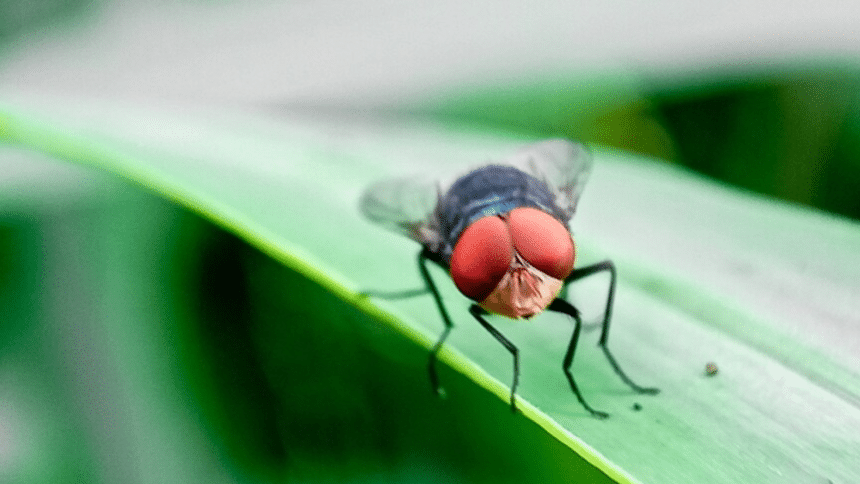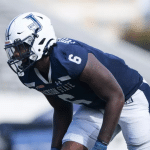Mississippi State Veterinarian Dr. James Watson is urging animal owners to be aware of New World Screwworm (NWS), an invasive pest that poses a serious threat to livestock and other warm-blooded animals, including pets. In rare cases, the invasive species could be harmful to humans.
According to an alert issued by the Mississippi Board of Animal Health (MBAH), adult screwworm flies have orange eyes, a metallic blue or green body, and three dark stripes along their backs. They are slightly larger than a housefly.
“The unique ability of screwworm larvae to feed on fresh flesh is what makes this insect so dangerous to livestock and other animals,” MBAH wrote.
NWS was eradicated from the U.S. decades ago. However, recent detections of the pest in Mexico highlights the potential for reintroduction and spread, particularly in southern states. In addition, the spread of NWS is possible through natural wildlife movements.
In an effort to prevent the spread of the flesh-eating pest, the U.S. Department of Agriculture has suspended live cattle, horse, and bison imports through the southern border for the time being.
MBAH urges animal owners to be vigilant in checking animals regularly, especially if animals have traveled internationally in recent weeks. Owners should inspect wounds and treat them promptly.
What to look for
The MBAH issued the following tips on what to look for to see if your animal has been attacked by NWS:
- Wounds that won’t heal or worsen over time
- Foul-smelling discharge or visible larvae, or maggots, in a wound
- Signs of discomfort of unusual behavior, such as animals avoiding feed or isolating themselves
Four outdoor animals, especially livestock, infestation may be found in wounds resulting from routine procedures such as castration, dehorning, or branding, and may also occur from minor injuries like insect bites around the navel of newborn.
For indoor pets, officials urge owners to keep their pets inside as much as possible.
If you suspect NWS, contact the MBAH at (601) 359-1170 during business hours or by using the afterhours hot line of (888) 722-3106. Suspicious cases will be evaluated, and samples may be submitted for laboratory confirmation. A veterinarian should also be contacted immediately for assistance with treating your animal for suspicious wounds.








